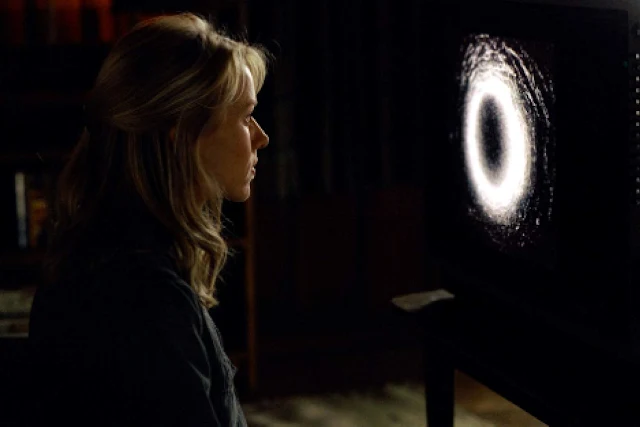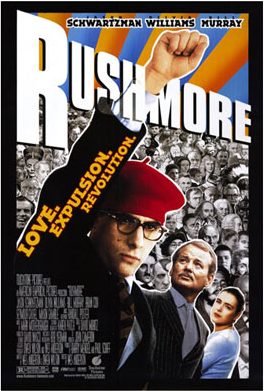 |
| Willem Dafoe and Paul Bettany in The Reckoning |
Cast: Paul Bettany, Willem Dafoe, Brian Cox, Gina McKee, Simon McBurney, Tom Hardy, Stuart Wells, Vincent Cassel, Ewen Bremner, Matthew Macfadyen, Hamish McColl, Simon Pegg, Marián Aguilera, Trevor Steedman, Elvira Minguez.
Screenplay: Mark Mills,
based on a novel by Barry Unsworth.
Cinematography: Peter Sova.
Production design: Andrew McAlpine.
Film editing: Andrew Hulme.
Music: Adrian Lee, Mark Mancina.
Nobody, I think, sets out to make a mediocre movie; they just happen to turn out that way. Certainly, the makers of
The Reckoning must have had hopes of excellence when they hired such fine actors as Willem Dafoe, Brian Cox, Vincent Cassel, Matthew Macfadyen, and a 20-something up-and-comer named Tom Hardy. The story they wanted to film came from
Morality Play, Barry Unsworth's novel, which was short-listed for the Man Booker Prize, about the theater in medieval England as it edged away from dramatized Bible stories into secular material, mixed with a murder mystery solved by a renegade priest. Unfortunately,
The Reckoning is something of a mess, starting with the priest, Nicholas (Paul Bettany), cutting off his hair and escaping through the woods after being discovered
in flagrante with a married woman, whose husband he killed in the ensuing melee. On the road, he encounters a troupe of traveling players headed by Martin (Dafoe) and persuades them that he would be an asset to their company. They go to a village by the castle of Lord De Guise (Cassel) where the trial of a woman accused of killing a teenage boy has just concluded with her conviction and sentence to be hanged. One thing leads to another as Nicholas becomes involved with proving the woman's innocence and exposing De Guise as a murderous pedophile, dragging not only the acting troupe but also the villagers into his exposé. The narrative is muddled by too many unnecessary flashbacks into Nicholas's past, by the intervention of a character known only as "the King's Justice" (Macfadyen), and by a half-hearted attempt to strike up a romance between Nicholas and the woman accompanying the acting troupe, Martin's sister, Sarah (Gina McKee). The brightest moment in the movie comes when the players perform their version of the story of Adam and Eve, with Hardy's Straw, the actor tasked with playing women, as Eve in a sort of bare-breasted body suit and a ropy blond wig. He looks a little like Botticelli's Venus in the get-up. If
The Reckoning had more moments like that, and less of the mystery-solving plot, it might have been a better movie, but as it is, the
mise-en-scène is cluttered and gloomy and the action unconvincing.

























